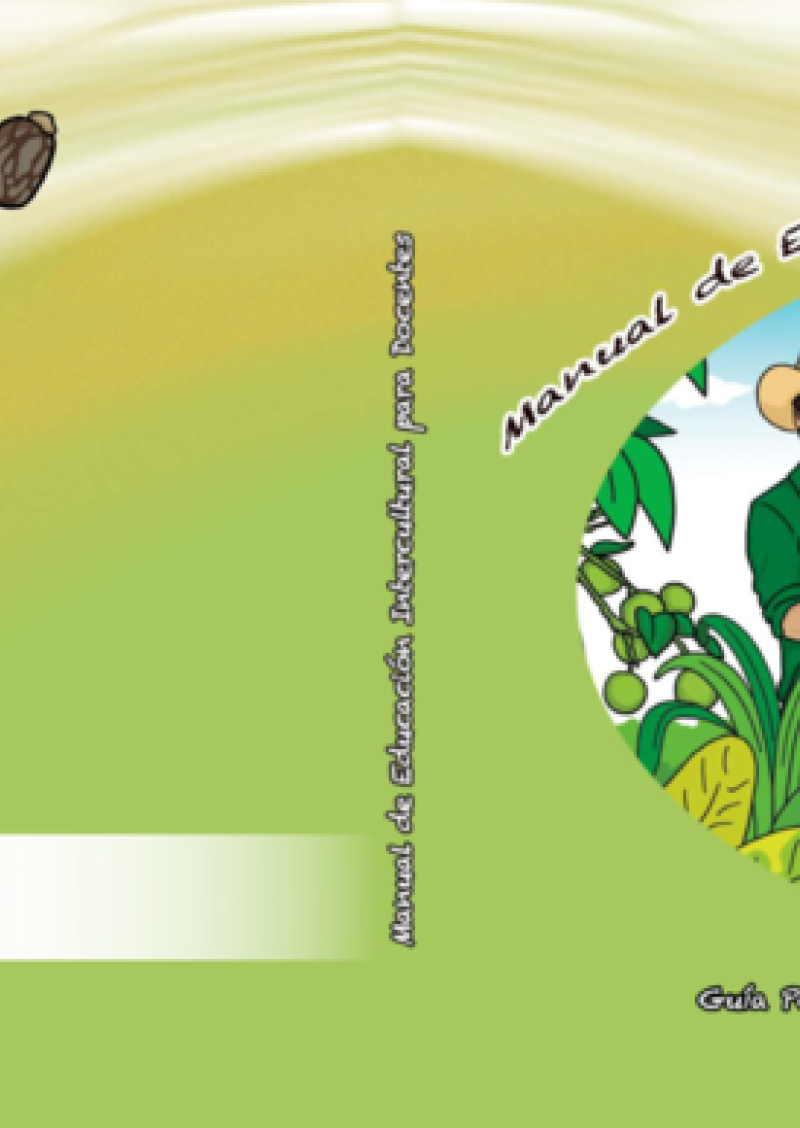Centre de Ressources pour les Enseignants
Affichage de 1 à 5 sur 5
Manual de Educación Intercultural para Docentes
Este Manual a destinación de los docentes propone actividades y talleres con enfoque en la interculturalidad para realizar en el aula. Se divide en cuatro apartados: identidad colectiva e individual; el conocimiento de la historia y de las distintas manifestaciones culturales para fomentar la paz en el país; estereotipos y prejuicios para combatir las discriminaciones y el racismo; e interculturalidad para valorizar la diversidad y la convivencia.
Kit pédagogique - Idées, ressources, méthodes et activités pour l'éducation interculturelle informelle avec des adultes et des jeunes
Il s’agit de la réédition mise à jour d’un manuel originellement publié en 1995 dans le cadre de la Campagne Européenne de la Jeunesse contre le Racisme, la Xénophobie, l’Antisémitisme et l’Intolérance. Le document est pensé comme un outil accessible aux praticiens de l’éducation informelle auprès d’un public d’âge varié. Il est divisé en 2 parties : la première offre le contexte et le cadre pour aborder les activités et méthodes proposées dans la seconde partie. On y retrouve également une liste de documents écrits et audiovisuels en différentes langues parlées au sein de l’Europe mobilisable dans des cadres éducatifs.
Dear Kitty: teacher's guide for the film Where is Anne Frank?
This guide provides teachers with the necessary tools to highlight historical and current themes from the animated film "Where is Anne Frank".
It includes a preparatory lesson, a lesson to discuss the film and four detailed thematic follow-up lessons. The film and the lessons are accompanied by extensive background information and ready-to-use worksheets with information, questions and assignments.
Recommendations for teaching and learning about the Holocaust
Benefiting from the expertise of delegates from more than 30 member countries, the IHRA Recommendations for Teaching and Learning about the Holocaust are intended to provide a basis for policymakers, practitioners, and educators that will help them:
1. Develop knowledge of the Holocaust, ensuring accuracy in individual understanding and knowledge and raising awareness about the possible consequences of antisemitism;
2. Create engaging teaching environments for learning about the Holocaust;
3. Promote critical and reflective thinking about the Holocaust including the ability to counter Holocaust denial and distortion;
4. Contribute to Human Rights and genocide prevention education
Transformative pedagogy for learning to live together in Southern Africa. A practical guide
This guide is designed to build the capacity of teachers and education planners so that they are informed and empowered in why and how to educate for living together and epace building . It offers an analysis of conflict, examines the role of ethics, expands on the elements of transformative pedagogy and provides practical tools to promote learners’ active participation in shaping the world around them and assess their understanding of citizenship and peacebuilding concepts.
Transformative pedagogy empowers both teachers and learners. It encourages learners to be reflective and critical thinkers capable of contributing meaningfully as members of local and global communities. It also redefines the role of teachers. Teachers become facilitators with the disposition, knowledge, skills and commitment to support students in developing their full potential as peacebuilders. This guide can serve in universities, teacher training colleges and schools.



